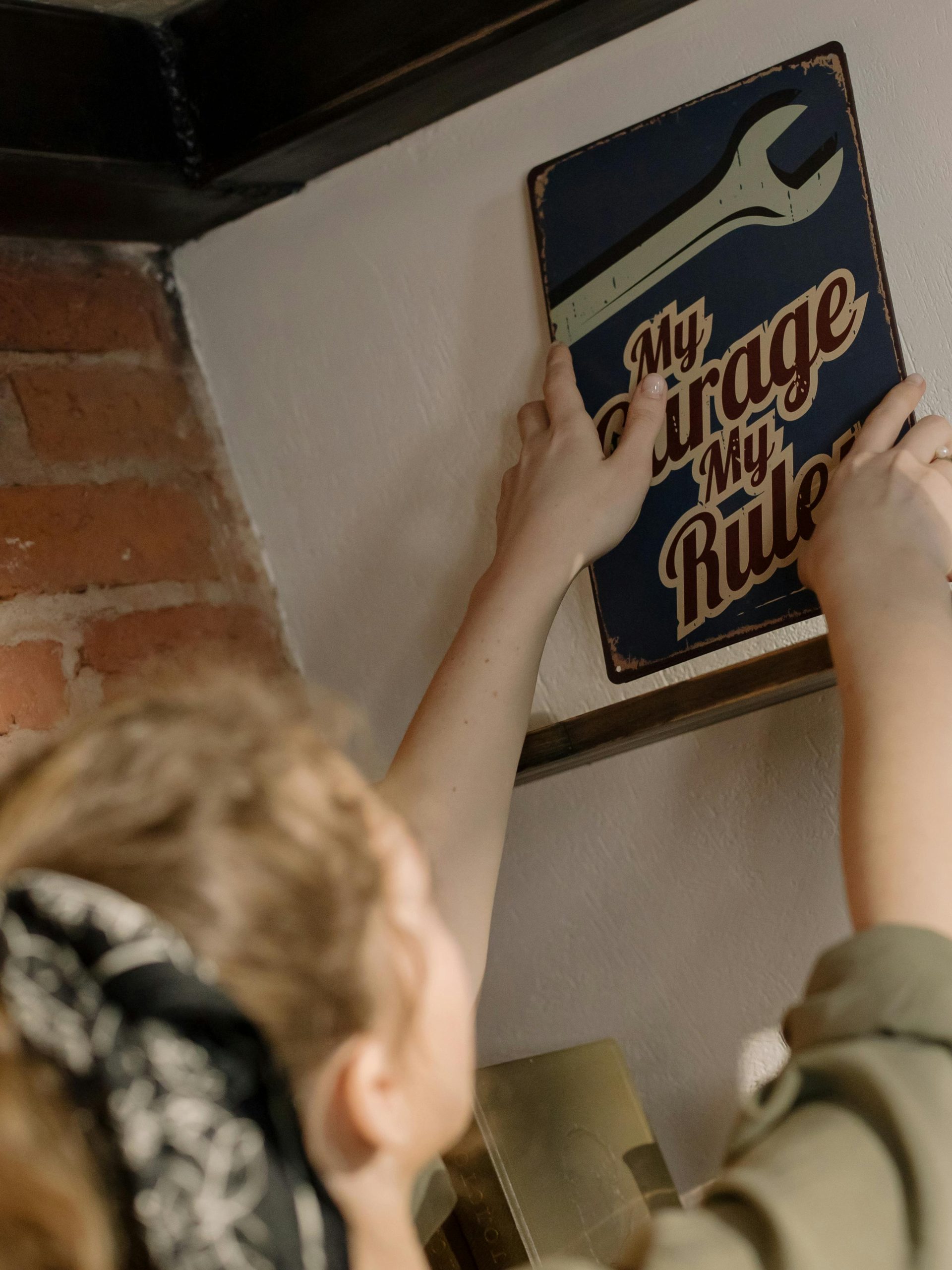Don’t Forget to Notify Your Insurance When Changing Vehicles
When you decide to trade in your vehicle or purchase a new one, it’s crucial to remember one key step: inform your insurance company. Relying solely on your dealership to handle this can lead to unexpected complications that you might not be aware of.
The Dealer’s Reassurance: A False Sense of Security
Many dealerships may assure you by saying, “We’ll take care of the insurance.” However, this is often not the case. Sales representatives might simply extract information from your existing insurance card to handle the paperwork. In many instances, their primary focus is on finalizing the sale rather than ensuring that your new vehicle is adequately insured.
The Registration Dilemma
You might think that insurance is a non-negotiable requirement to get your car registered. While it is true that insurance is essential, dealerships can sometimes bypass the typical verification process. They may just request a transfer of registration based on your policy number and the effective date, without requiring the actual insurance card that confirms your coverage.
Financing: What You Need to Know
It’s common to believe that full coverage insurance is necessary for financing your new vehicle. While this is accurate, some finance representatives may take shortcuts. They might input your existing policy information and have you sign documentation that confirms your coverage level, which could potentially leave you liable for any additional costs if an accident occurs. It’s essential to understand that “full coverage” can often be a vague term, and it’s crucial to clarify what that means for your specific situation.
Your Coverage: Understanding the Pitfalls
You might assume that your existing insurance will cover your new vehicle right away. However, this often isn’t the case. If you don’t promptly notify your insurance provider of your vehicle change, you could find yourself in a troublesome position. Some companies might offer a grace period of up to 30 days, during which they might extend your existing coverage to your new vehicle. But don’t wait too long; after that short window, if any incidents occur, you could find yourself facing unexpected out-of-pocket expenses.
Timing Your Notification
It’s not enough to just call your insurance around the 30-day mark after purchasing your car. If you’ve switched from a liability-only policy to one requiring collision or comprehensive coverage, the new vehicle may only be covered for liability until you make that official notification. So, if an accident happens where you’re at fault, you could face significant financial obligations to your



